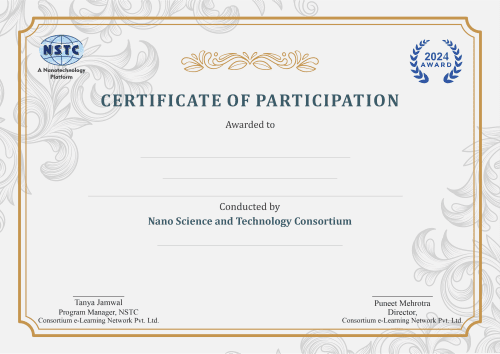
Next-Generation Sequencing Data Analysis using Galaxy Platform
Unlock the Power of Genomic Data with Galaxy
Next-Generation Sequencing (NGS) has revolutionized the field of genomics by enabling the rapid sequencing of entire genomes and transcriptomes. This workshop offers an in-depth exploration of NGS data analysis using the Galaxy platform, a powerful and user-friendly web-based tool. Participants will learn to navigate the Galaxy interface, perform quality control, align sequences, and interpret results. The workshop is designed to provide both theoretical knowledge and hands-on experience, ensuring that participants can confidently apply these techniques in real-world research settings.
Galaxy is an open-source platform that simplifies complex bioinformatics workflows, making it accessible to researchers without extensive programming skills. Throughout the workshop, participants will engage in practical exercises and projects that simulate actual research scenarios. By the end of the workshop, they will be equipped with the skills necessary to process and analyze NGS data, contributing to advancements in genomics, personalized medicine, and other cutting-edge fields.
Aim: The aim of the Next-Generation Sequencing Data Analysis using the Galaxy Platform workshop is to empower researchers and bioinformatics professionals with the knowledge and skills required to effectively analyze next-generation sequencing (NGS) data using the Galaxy bioinformatics platform. Through comprehensive training modules and hands-on workshops, the workshop aims to familiarize participants with Galaxy’s user-friendly interface, diverse toolset, and workflow capabilities for processing, analyzing, and interpreting NGS data. By providing practical training in data preprocessing, alignment, variant calling, and downstream analysis, the workshop enables participants to harness the power of Galaxy for genomics research, personalized medicine, and other applications in the life sciences.
- Understand the principles and concepts of NGS data analysis.
- Familiarize participants with the Galaxy Platform and its tools for NGS data analysis.
- Gain hands-on experience in executing NGS data analysis workflows using Galaxy.
- Learn to perform quality control, read mapping, variant calling, and gene expression analysis using NGS data.
- Explore pathway analysis techniques and interpret the results.
- Develop the ability to construct and customize analysis pipelines in Galaxy.
- Enhance skillsDay1 in interpreting and visualizing NGS data analysis results.
- Learn best practices and optimization strategies for efficient NGS data analysis.
What you will learn?
Module 1
- Introduction to NGS and galaxy platform
- Galaxy tools for genome assembly
- Galaxy tools for genome annotation
- Identification of Variants
Module 2
- RNA-seq analysis using Galaxy tools.
- Transcriptome assembly using galaxy tools like Hisat2 followed by Feature count
- Differential gene expression analysis using DESeq2
Students require to have good laptop with high-speed internet connection and They can create a user account in Galaxy portal (https://usegalaxy.org) using their academic email id.
Intended For :
Biology, Biotechnology, Bioinformatics, Genetics, Genomics, Medical Sciences, and related fields
Career Supporting Skills


